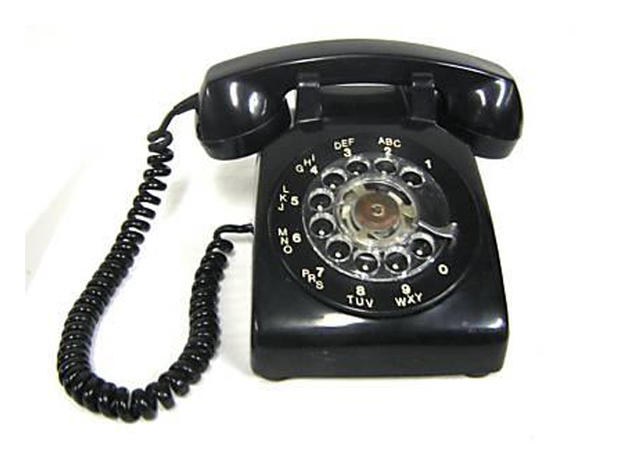
It may be time to say goodbye to POTS.
That’s not an outdated reference to Anson Williams’ “Happy Days” character.” It’s a huge story regarding a paradigm shift in American communications. POTS is Plain Old Telephone Service.
AT&T has filed a petition with the FCC, asking that it be allowed to get out of the landline phone service. This is Ma Bell, the oldest and largest phone company in the nation. They want to expand in broadband and cellular, but say:
“…the business model for legacy phone services is in a death spiral. Revenues from POTS are plummeting as customers cut their landlines in favor of the convenience and advanced features of wireless and VoIP services. At the same time, due to the high fixed costs of providing POTS, every customer who abandons this service raises the average cost-per-line to serve the remaining customers. With an outdated product, falling revenues, and rising costs, the POTS business is unsuitable for the long run….
Due to technological advances, changes in customer preferences, and market forces, the question is when, not if, POTS service…will become obsolete.”
We already have a generation of people, like my daughter, who rarely use anything but their cellphone. And since her current phone number will go with her wherever she goes in her life, and all she has to do is upgrade the actual phone she carries every few years, she’s unlikely to ever have a landline once she leaves our home.
What a change in one generation.
As a child of the 60s, we had one phone in the house, just like everyone else. The whole family shared it, it didn’t move very far, and the cord was tangled forever after you made your first call. You paid for each call in “message units,” the price of the call changed depending on the time of day, and calling outside the immediate area was such a big deal that if someone walked in while you were talking to a relative in another state, you’d silence them immediately by saying, “Be quiet, I’m on long distance!”
I remember when I saw my first “princess phone” at a neighbor’s house and marveled at how it had push buttons instead of the old rotary front. Then came a phone that hung on the wall of our kitchen — it had a keypad! — and soon we had two phones in the house, then three.
I got my first mobile phone when my wife was pregnant with our daughter 16 years ago. It wasn’t one of the original “brick” phones, but it had that horrible little antenna, even worse call quality, and a battery that lasted almost the entire 30 minutes I commuted to work.
Now, my wife and daughter and I each have a cell phone that we carry everywhere that is more like a pocket computer than a simple communications device. With phones like those, who needs a landline? We wouldn’t be abandoning AT&T because of our iPhone contracts (despite the ad onslaught by Verizon, I have very few problems with call coverage), but we do have some friends who no longer have a “home phone,” and we’re thinking about it, too.
Read the entire AT&T petition to the FCC in a PDF file here
